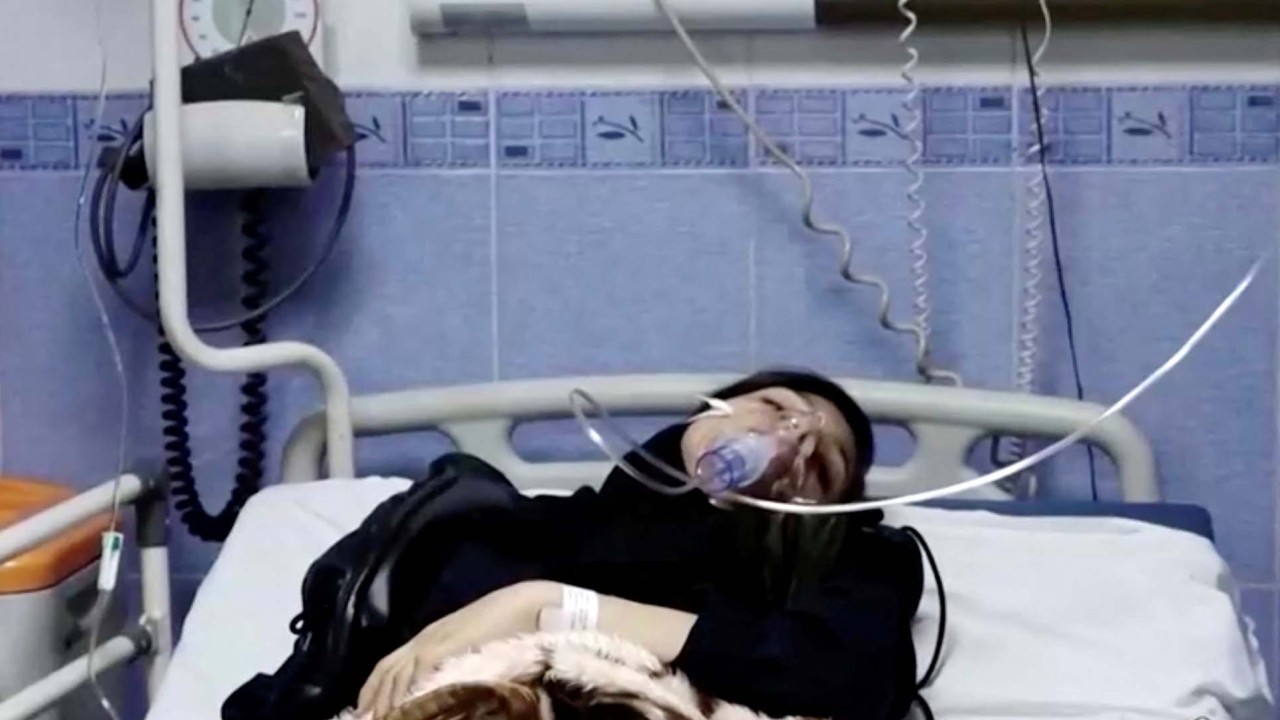
Iran’s President Raisi says hijab is the law after unveiled women face ‘yogurt attack’
- Ebrahim Raisi said: ‘If some people say they don’t believe (in the hijab) … it’s good to use persuasion. The important point is that there is a legal requirement’
- Authorities issued arrest warrants for a man seen pouring yogurt over the heads of the mother and her daughter. The women are also the subjects of arrest warrants.
Judicial authorities in a town near the northeastern city of Mashhad issued arrest warrants for the man seen pouring yogurt over the heads of the two women, a mother and her daughter. They were also the subject of arrest warrants for flouting Iran’s strict female dress rules, state media reported. The incident was filmed and posted on Twitter.
Risking arrest for defying the obligatory dress code, women are still widely seen unveiled in malls, restaurants, shops and streets around the country. Videos of unveiled women resisting the morality police have flooded social media.
In live remarks on state television, Raisi said: “If some people say they don’t believe (in the hijab) … it’s good to use persuasion … But the important point is that there is a legal requirement … and the hijab is today a legal matter.”
Authorities said the owner of the dairy shop, who confronted the attacker, had been warned. Reports on social media showed his shop had been shut, although he was quoted by a local news agency as saying he had been allowed to reopen and was expected to “give explanations” to a court.
Judiciary chief Gholamhossein Mohseni Ejei earlier threatened to prosecute “without mercy” women who appear in public unveiled, Iranian media reported.
“Unveiling is tantamount to enmity of (our) values,” Ejei was quoted as saying by several news sites.
World Court rules US illegally froze some Iran assets, must pay compensation
Describing the veil as “one of the civilisational foundations of the Iranian nation” and “one of the practical principles of the Islamic Republic,” an Interior Ministry statement on Thursday said there would be no “retreat or tolerance” on the issue.
It urged citizens to confront unveiled women. Such directives have in past decades emboldened hardliners to attack women without impunity.


